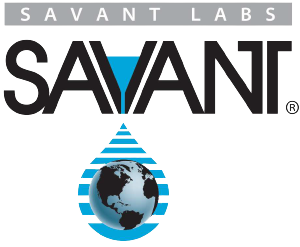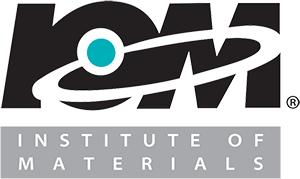“Problems in Bench Test Prediction of Engine Oil Performance at Low Temperature”
Presented at SAE International Fuels and Lubricants Meeting and Exposition, San Francisco, CA - 1992
1992
Written by T.W. Selby, Savant Inc.
-- SAE International Fuels and Lubricants Meeting and Exposition, San Francisco, California, October 19-22, 1992; SAE Paper #922287,
Abstract: The author points out the necessity of a reevaluation of the SAE J300 Engine Oil Viscosity Classification System and of the instruments and bench tests developed over the last 30 years to predict low-temperature engine oil performance. Greater ease in starting engines at low temperatures as a consequence of lower friction, electronic timing, and fuel injection has resulted in engines with potentially much higher Critical Starting Viscosities than those which formed the basis for the low-temperature portion of the SAE J300 Classification System. Presenting some of the pertinent low-temperature data available from a well-known engine oil database, the author discusses the consequences of this situation with regard to a number of questions related to the present application of pumpability and startability bench tests, their limitations, and the importance of finding ways to meet the technical challenges. In an effort to encourage dialogue, a suggested replacement for the low-temperature section of the SAE J300 Classification System is proposed which would alter the present system’s startability-bias with a gelation-bias reflecting both the improvement in engine startability and the resultant increasing vulnerability of the engine to air-binding phenomena.




